—: Midnight :— Tonight is as witching a moon As ever snared me. At dusk, incredible, It rose, Coppering the house-tops, Bronze-kissing the snow. And now I am dumb with wonder, Mazed in its web of Diaphanous etchery, Lost in its shower of Shaken silver.
—: New York in April :— The sparrow chirps unheard. The crash of trains Takes every ear, makes futile even the birds. I close my eyes, I cannot understand— I lived once where the Spring brought violets.
—: Storm :— Black clouds rush towards the moon; Lightning on the horizon's rim Suddenly flashes in a whip of light. The severed clouds are cymbals; And the mad discords of the storm Crash through the walls of space. Liquid strings of a vast harp Leap from sky to earth, Twanged by the long hand of the wind.
—: Excursion :— Nothing is changed—the goldfinch still sings, Here in the tamarack. Cruel, such singing might be, were the moon Less customary now, miraculous as once. Grip hard a pine-branch, Pace back and forth across a grave, Kneel to an urn. Love is a mockery tonight— Let it go, and all its shattered words, And all its trysts: It is but plunder for the wind.
—: On a Hill :— The silence of silence crashed in us and spoke. The desire of desire from its shady realm Sprang up, and even sleep awoke . . . “Where is fulfilment?” you asked me, Quivering under the unlit sky. I did not answer. I lifted you to the moon-mad clouds, And then again I lifted you Past stars unborn, past ashen comets, And we scattered our charred beauty Over the universe.
James J. Daly (p. 1922-28, etc.); “Of Cambridge, Massachusetts.” (Contemporary Verse, 1922) “Living in Chicago, studied verse-writing with Haniel Long at the Carnegie Tech in Pittsburgh, and play-writing with Professor Baker at Harvard, who produced one of his plays.” (Poetry, 1925) “Now living in New York, is acting minor parts in one of the little-theatre companies, with a view to studying theatrical technique for the writing of plays.” (Poetry, 1926)
In the 1920s Daly was regularly featured in experimental poetry magazines like Broom, The Wave, The Forge, Poetry, and Transition, and published one collection of poems, The Guilty Sun (1926).
Welcome to the reissue of “Forgotten Poets #8” containing the very first “after” poem I ever wrote. At the time I didn’t know that writing these would become one of my primary poetic practices moving forwards. It was just something I felt like doing on the spur of the moment, and I am so glad I acted on the impulse, as it ended up changing my poetic process entirely.
I think over time it made me less ego-centric in my poetic output, and more open to the words of others. I started to enjoy a much broader range of poetry, and could see the poetic more clearly, and in more places than before.
But most of all, it helped me to see my own poetry as part belonging to a densely interwoven tapestry stretching backwards and forwards endlessly—placing myself in the “middle” rather than at either the beginning (modernist, self as innovator, being “original”) or at the end (postmodernist, self as imitator, becoming “unoriginal”).
For James Daly By Dick Whyte goodnight to all the goodnights that weren’t so good and those others too there must have been some— like stones and stars built to last
Forgotten Poets Presents:
Forgotten Poems, a living anthology of obscure and out-of-print poetry from the late-1800s and early-1900s. Explore the archives:
More poems about the moon . . .
Gwendolyn B. Bennett - 6 Short Poems (1923-26)
—: Quatrain :— How strange that grass should sing— Grass is so still a thing . . . And strange the swift surprise of snow,— So soft it falls and slow...
Louise Stedman Bostick - 4 Short Poems (1922-26)
—: Life :— You may enthrone your heart In the petals Of a rosebud, Or form with it the nucleus Of a snowball; Inevitably Both will perish...
Agnes Cornell - 5 Short Poems (1920-24)
—: Song in the Desert :— The wind And sand have washed my floor Until it’s white as milk. A cactus bloom Fell on my floor today. A wild bird Darted in the door, Beat his wings against the wall And then flew out...
Margaret Tod Ritter - 5 Very Short Poems (1925-28)
—: Dedication :— And there were mirrors in every room: Full length; no bigger than the hand. Each one was set about with precious stones And some were broken...









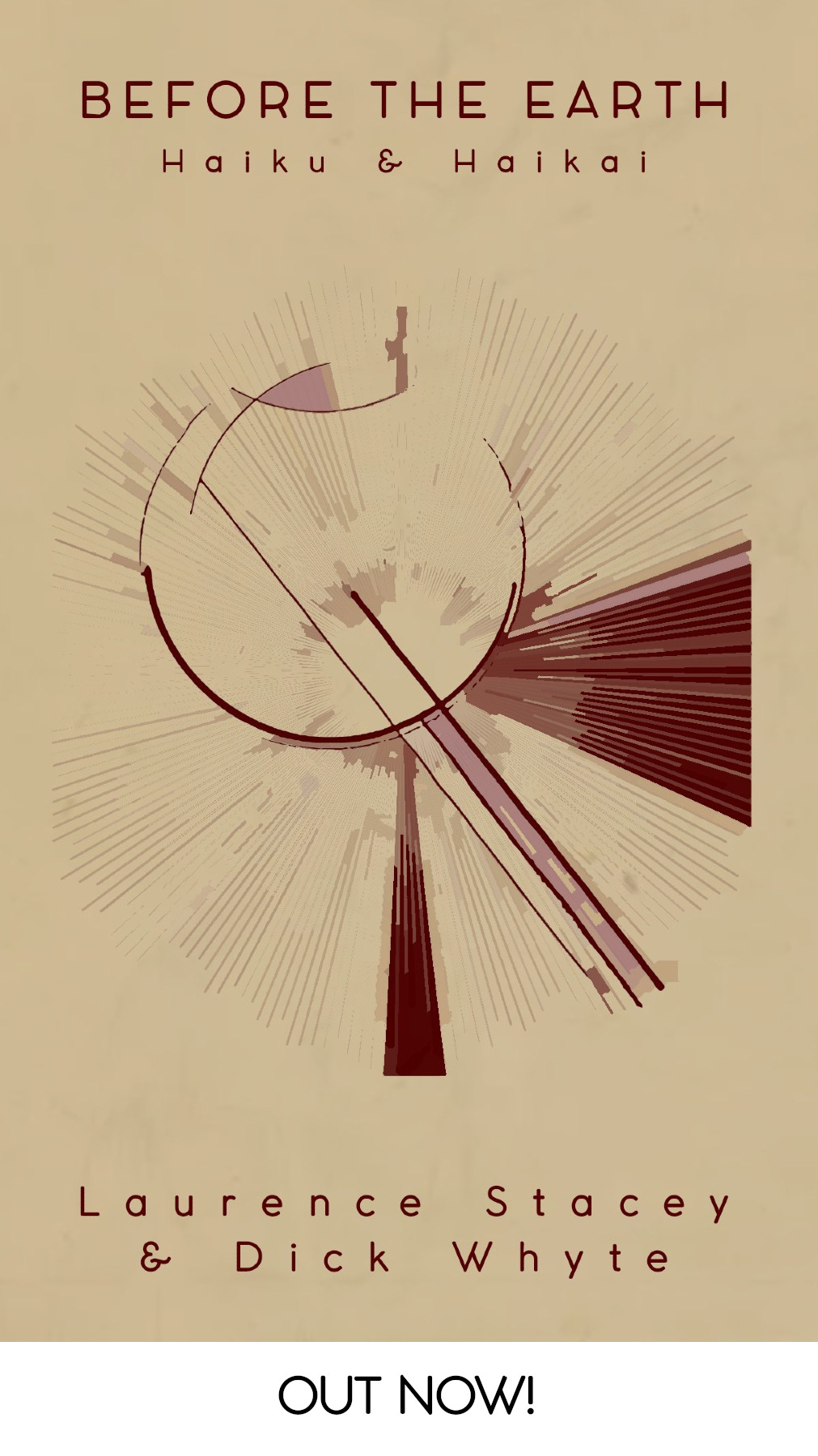
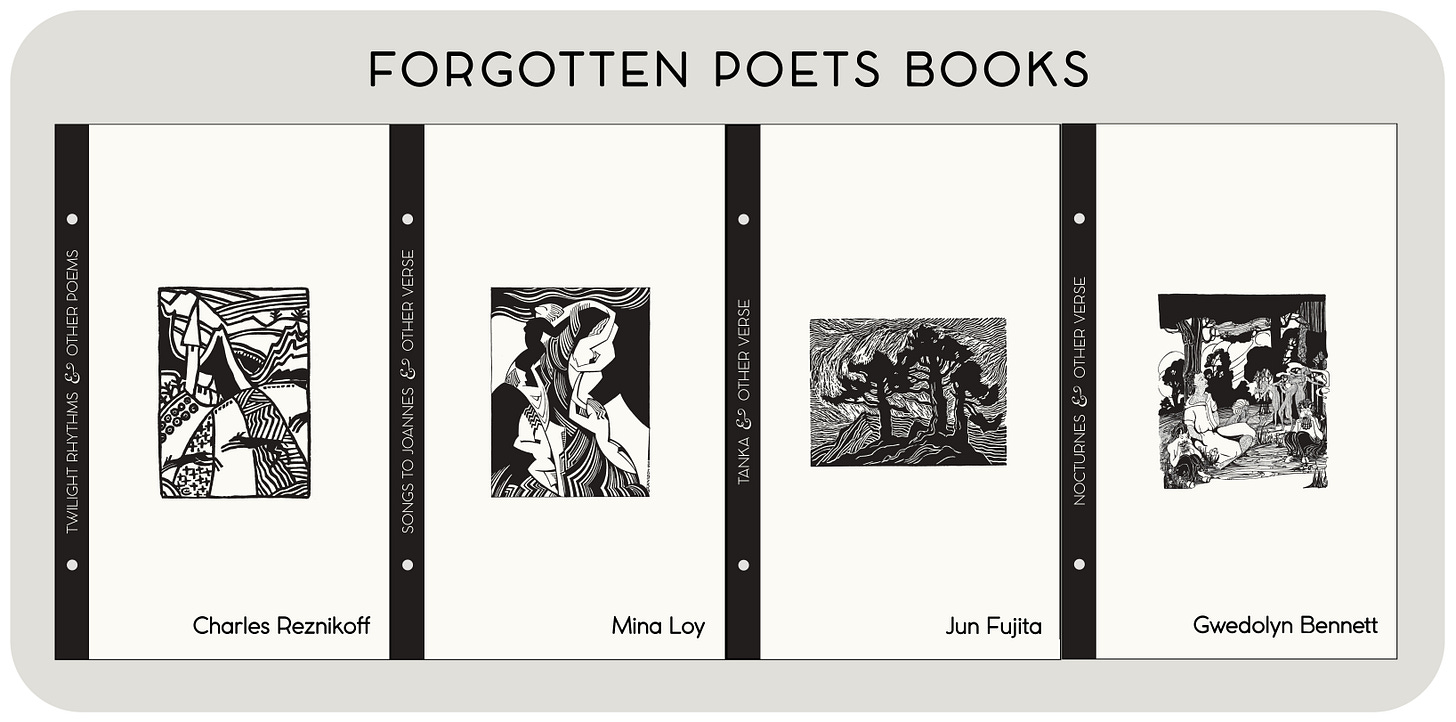
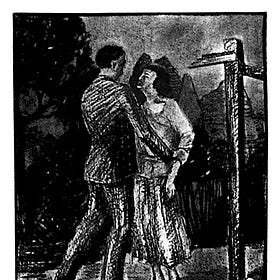
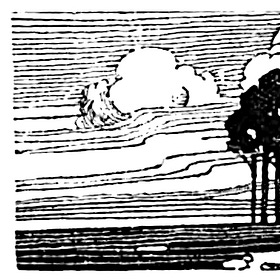

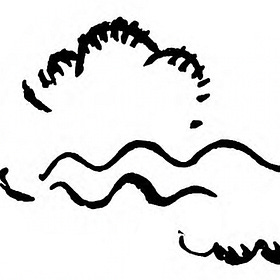
Dick, thank you for the offering here. It's only made possible by your listening to the voices of other poets with real reverence and taking a quiet seat among them.
What a treasury!